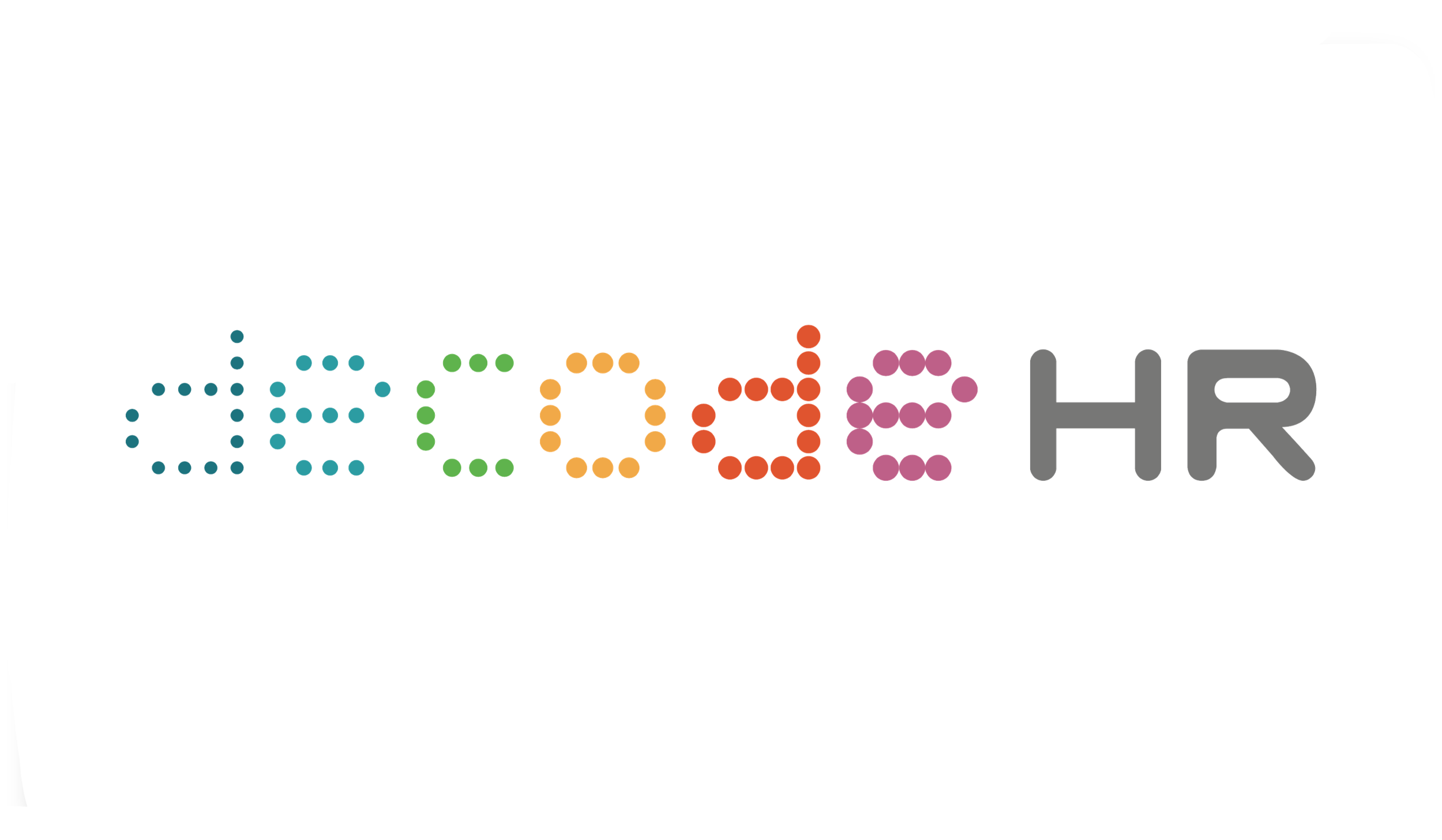How Can Companies Better Embrace the Workplace Fairness Legislation?
Reading time: 5 mins
The landscape of workplace dynamics is undergoing a transformation with the introduction of the new Workplace Fairness Legislation (WFL) in Singapore. In the second podcast episode of our Fair or Not? content series, Evelyn Chow, Managing Director at DecodeHR, and Jonathan Cho, Partner at Lee & Lee, explore what these upcoming rules mean for companies, offering valuable insights on how to navigate this complex terrain.
Understanding the Implications
Evelyn and Jonathan delve deeper into the legislation, highlighting its implications for businesses of all sizes. They discuss discriminatory practices, how to handle workplace disputes, and how proactive measures are important to mitigate risks and promote a more inclusive workplace culture.
Jonathan shared that the “legislation is meant to strike a balance between all these competing interests. We should try not to see it as whether it is fair for me or not, but if we were to look at it from another perspective, then we would be better placed to build a better workplace environment and culture.”
Strategies for Implementation
Evelyn and Jonathan share some practical strategies for implementing the legislation. They highlight exemptions for smaller organisations and emphasise the gradual rollout of compliance requirements which will give time for organisations to better strengthen their processes and policies. Companies can also leverage external support networks, such as third-party vendors and legal consultancies, to navigate the complexities effectively.
Photo: Freepik
Avoiding Discrimination
A critical component of compliance is the significance of avoiding discrimination. Organisations must steer clear of employing discriminatory language and undertake a thorough review of their hiring practices to harmonise with the essence of the legislation. When establishing specific criteria for candidates, organisations should exercise caution to ensure that these prerequisites are justified and articulated in a manner devoid of bias.
Promoting Diversity and Inclusivity
At the heart of the conversation is the concept of cultivating a cohesive workplace culture that celebrates diversity and pushes against conventional norms. Evelyn and Jonathan underscore how the enactment of the WFL empowers companies to review their current policies critically.
Evelyn believes that this “is definitely an opportunity for companies to really examine and scrutinise existing policies and practices that could have gone on for decades… This is a good way for companies to elevate their human capital practices and challenge themselves.”
Photo: Freepik
In our second episode of the “Fair or Not?” podcast series, Evelyn and Jonathan offer a comprehensive exploration of workplace fairness legislation, providing practical strategies for businesses seeking to align with the law. From understanding implications to implementing proactive measures, companies can equip themselves with the knowledge and tools needed to foster a more inclusive and equitable work environment. As organisations continue to adapt to regulatory changes, embracing fairness and diversity remains paramount in shaping the future of work.
Keep a close eye on our LinkedIn page for the release of Episode 3 of the podcast, where we will be talking to Moonlake Lee, founder of Unlocking ADHD, to see how we can create fair and inclusive workplaces for the neurodivergent community.
Unlocking ADHD will be conducting an ADHD Training Workshop for Professionals on 10 May. If you’re an HR professional, business owner, or manager who is interested in supporting neurodivergent employees in the workplace, do check out this workshop, conducted by renowned US Clinical Psychologist, Dr Sharon Saline.
If you would like to know more about WFL and what to expect, read Workplace Fairness Legislation Explained.









